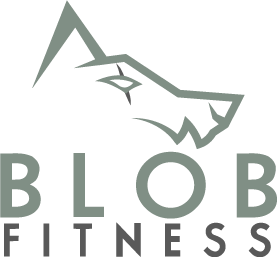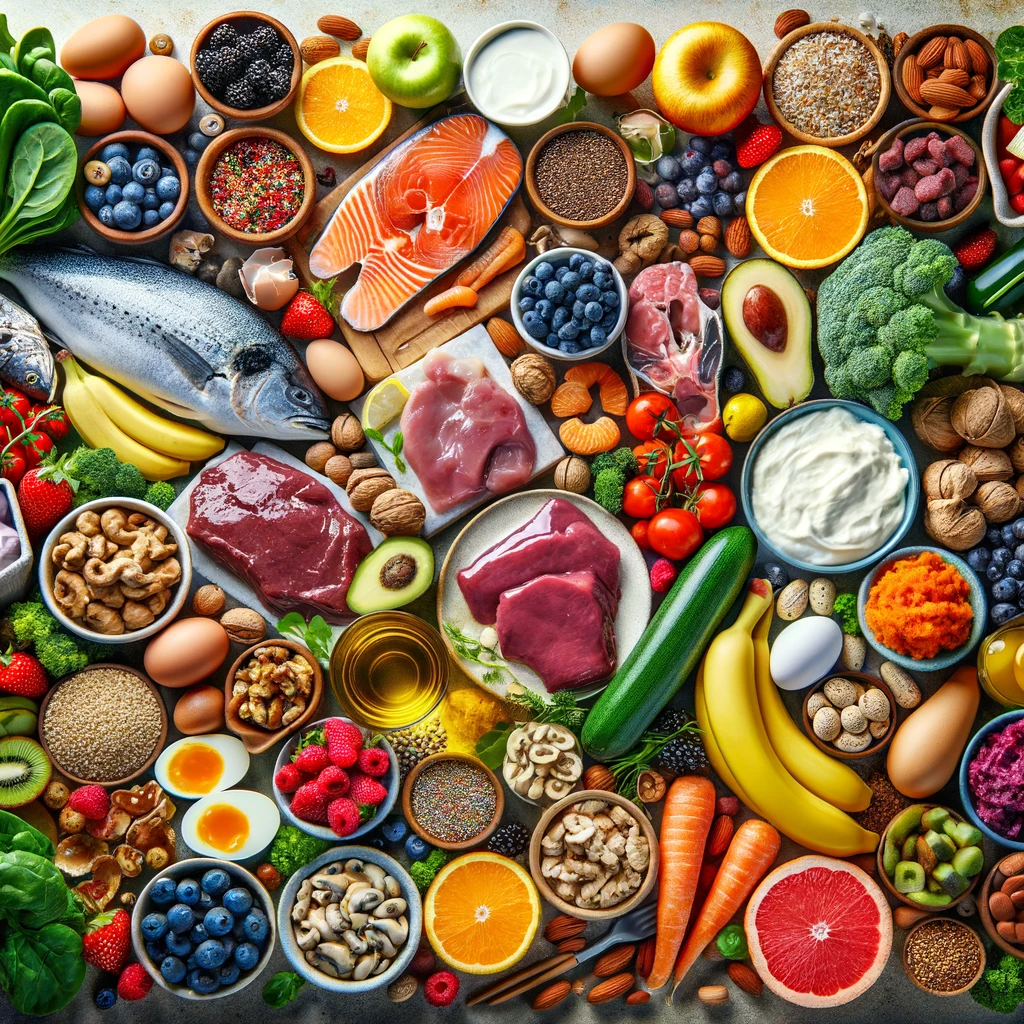
WHAT IS BMR?
During the day even without doing any activity, your body is always burning calories. It's always using energy. The human body is always doing something that requires energy. On a top level, it's activities like breathing, blinking, and even critical thinking. On a deeper level you have other things going on like your body creating new cells or breaking down nutrients. There’s plenty more that your body does that we don't usually take into consideration but the in the end, your body is utilizing a great amount of energy per day and there is a specific amount you need just for your body to operate properly and that's your basal metabolic rate (BMR).
WHY DOES BMR MATTER?
We have a basic understanding of what BMR is. However, why does it matter? Well with our BMR calculated we can now identify a couple of things. We know for one how many calories we need per day for basic functionality. In addition to that, now we can calculate how many calories we need to intake to either lose weight, gain weight, or maintain weight.
As an example, let's say my BMR was 2000 calories a day and I was living a sedentary lifestyle. I can conclude that if I wanted to gain weight, I would add around 500-700 calories to that number coming up with 2500-2700 a day, since I required 2000 just for my body to function and would be burning those throughout the day. In that range, I would be gaining roughly .5 - 1 pound a week.
Same thing goes for losing weight, I would subtract around 500 calories from that number and be at 1500 calories a day. Depending on your lifestyle and how active you are, things change up quite a bit though. If you want to find out your BMR and how many calories per day are ideal for you, click here to calculate it.
WHAT LIFESTYLE DO I FALL UNDER?
Once your BMR is calculated. You now have a baseline understanding of how many calories you need to function. The example I gave above is for someone who has a sedentary lifestyle though. What happens if you have an active lifestyle? Or you're an athlete? Well there are different ways of measuring your lifestyle. Usually "lifestyles" are broken up into 5 different groups: sedentary, lightly active, active,highly active, and extremely active. For a better of understanding of where you may fall into one of these categories, let's break it down a bit.
SEDENTARY
Someone who gets little to no exercise per day. You don't have an active job that requires a lot of moving or you may even be sitting/bedridden for the most part.
LIGHTLY ACTIVE
You may be exercising 1-3 days a week. You may not be too active but you at least take a couple of walks or jogs. This can also mean that you're walking a bit everyday and having to commute.
ACTIVE
You're exercising 3-5 days a week. This may also range in jogging or going for a run couple a times a week. You may have a slightly active job that requires you to do physical work but it may not burn you out.
HIGHLY ACTIVE
You’re exercising 6-7 days a week. This may also range from bike riding, running, jogging almost daily. Your job or daily work is physically active which requires you expend a good amount of energy.
EXTREMELY ACTIVE
You're exercising 7 days a week or doubling up on workouts per day. This may range that you do multiple runs or bike rides a day. Your job is extremely active and you're expending a great amount of energy per day.
Get a Free Guide!
Similar Posts
This article on dieting myths debunked will help you understand the main myths to avoid for clarity on your dieting journey.
This article discusses the importance and how to create a nutrient dense diet, rich in vitamins, minerals, and antioxidants, boosts health and vitality.
Explore the crucial interplay of Vitamin D3, Magnesium, and K2 for optimal health, and learn how these nutrients enhance bone, heart, and immune health.




